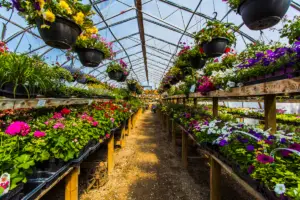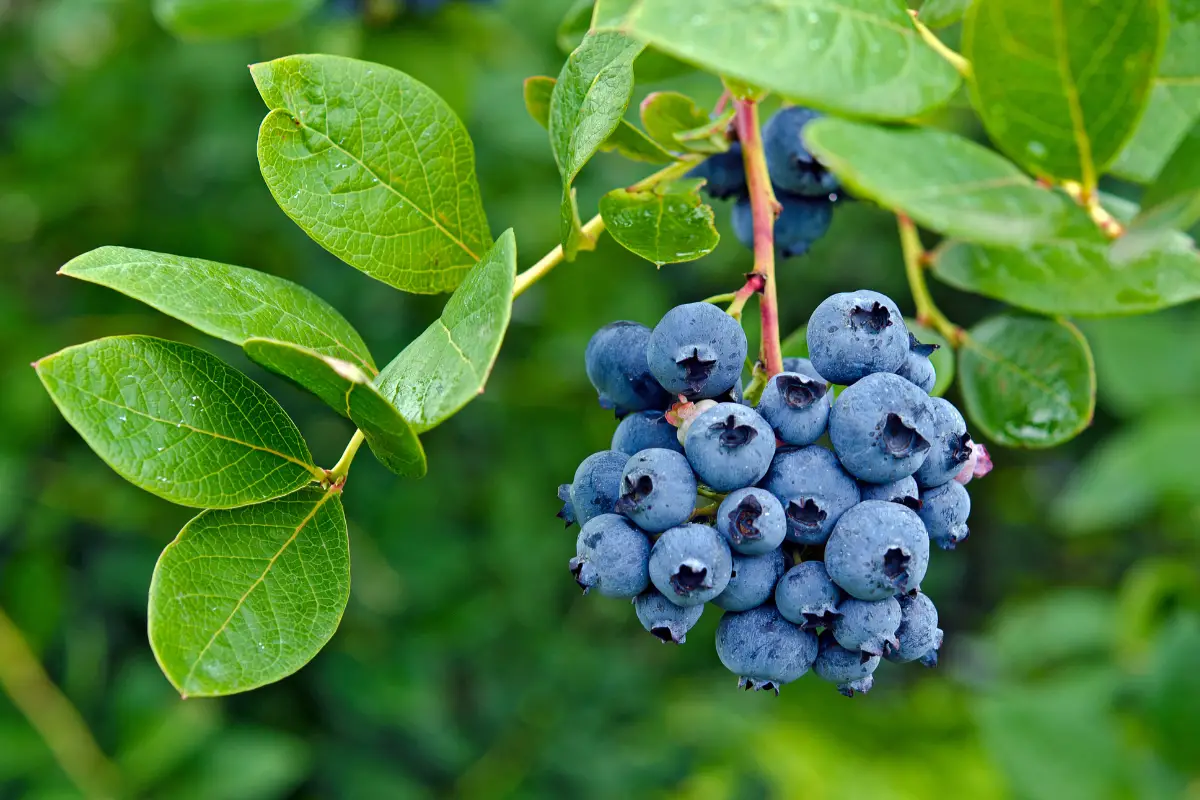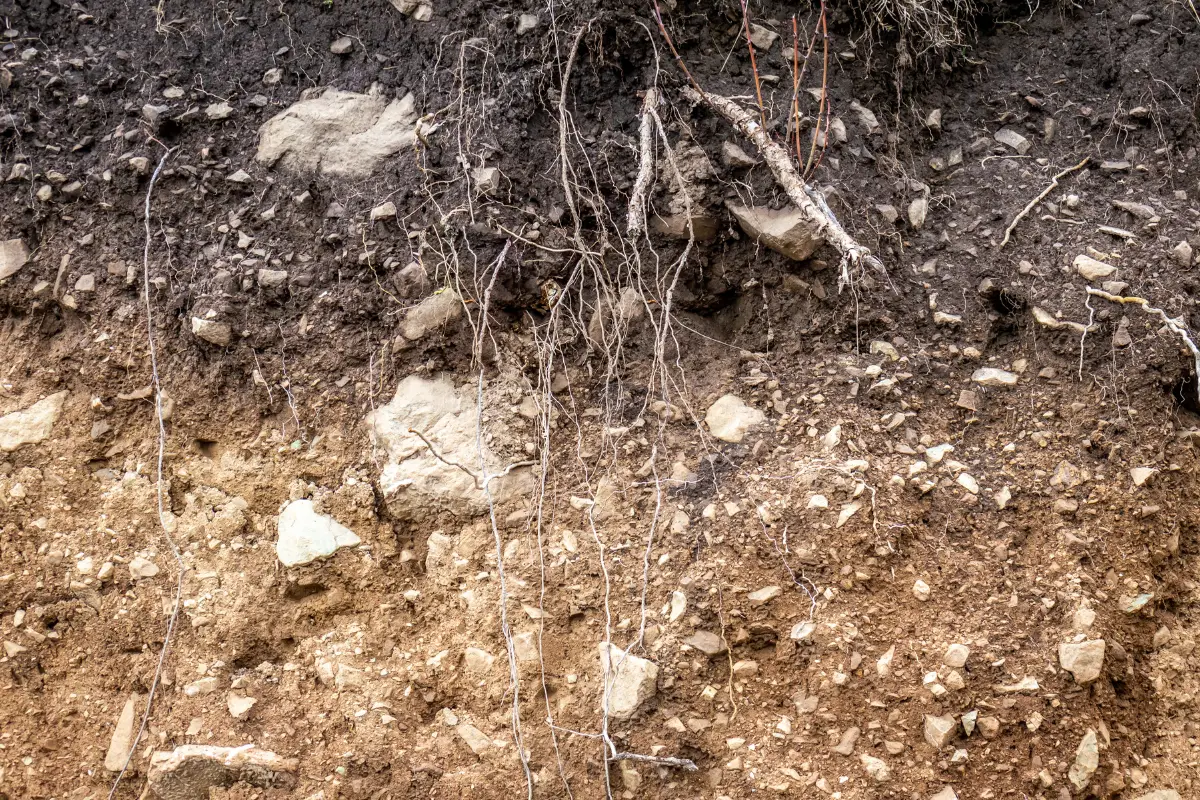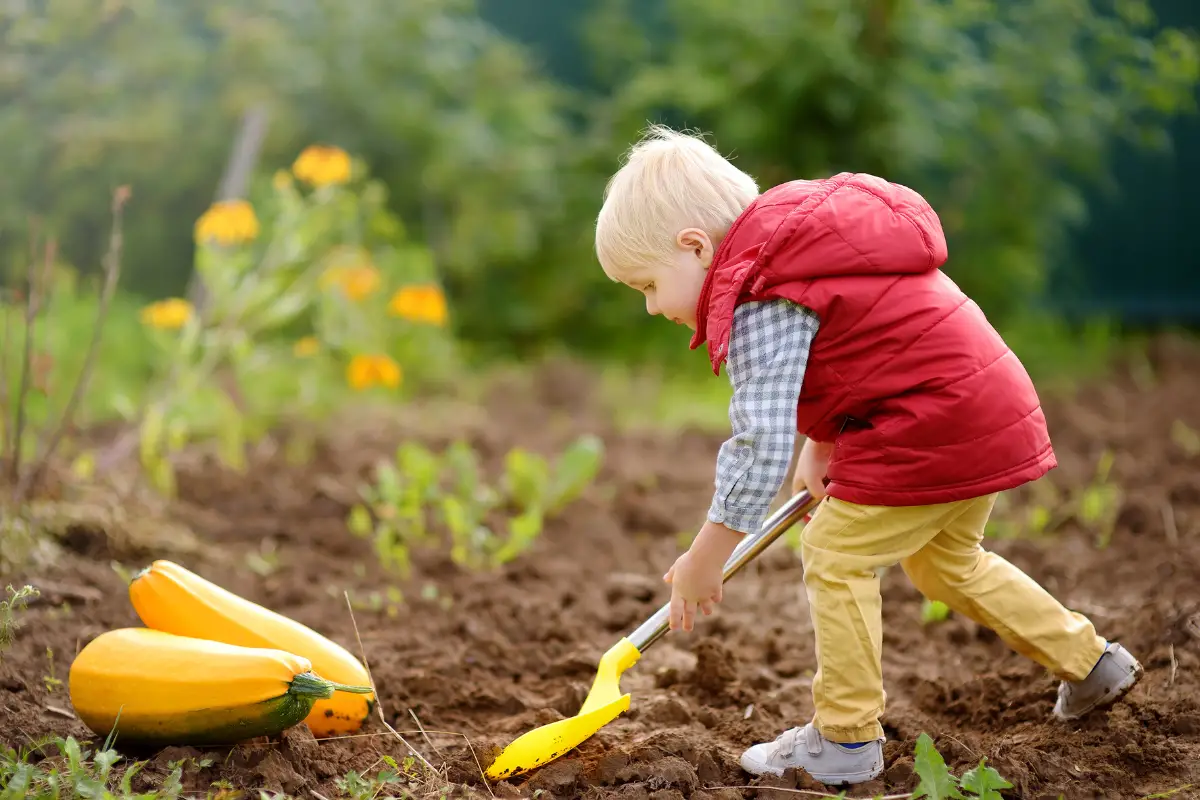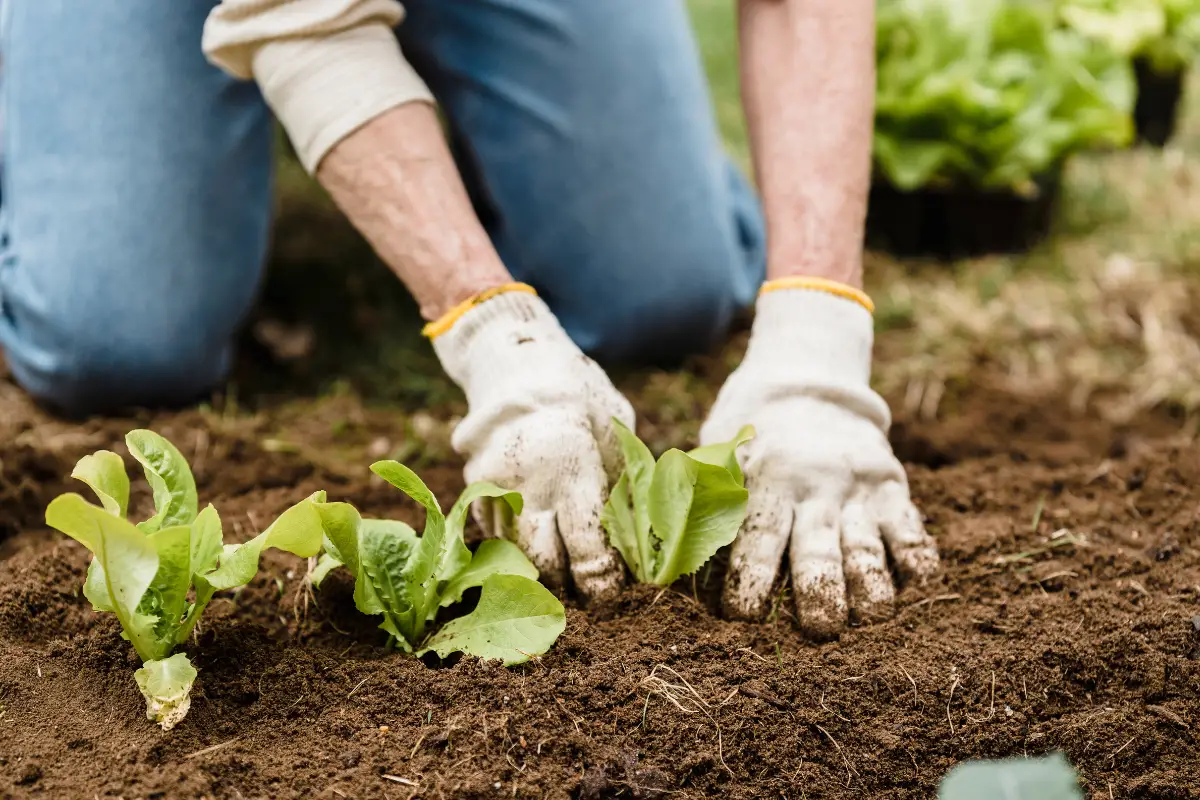Olive trees are a popular choice for gardeners and farmers alike, as they produce a delicious and healthy fruit.
However, in order to ensure that these trees thrive and produce a bountiful harvest, it is essential to provide them with the right nutrients. One of the most important nutrients for olive trees is fertilizer.
When it comes to choosing the best fertilizer for olive trees, there are a few key factors to consider.
These include the type of soil the trees are growing in, the age of the trees, and the time of year.
Additionally, different fertilizers may have varying levels of nitrogen, phosphorus, and potassium, which are all important for healthy tree growth.
By understanding these factors and choosing the right fertilizer, gardeners and farmers can help their olive trees grow strong and produce a plentiful harvest.
In this article, we will explore the best fertilizers for olive trees, including both organic and synthetic options.
We will also discuss when and how to apply these fertilizers for optimal results. Whether you are a seasoned olive tree grower or just starting out, this guide will provide you with the information you need to help your trees thrive.
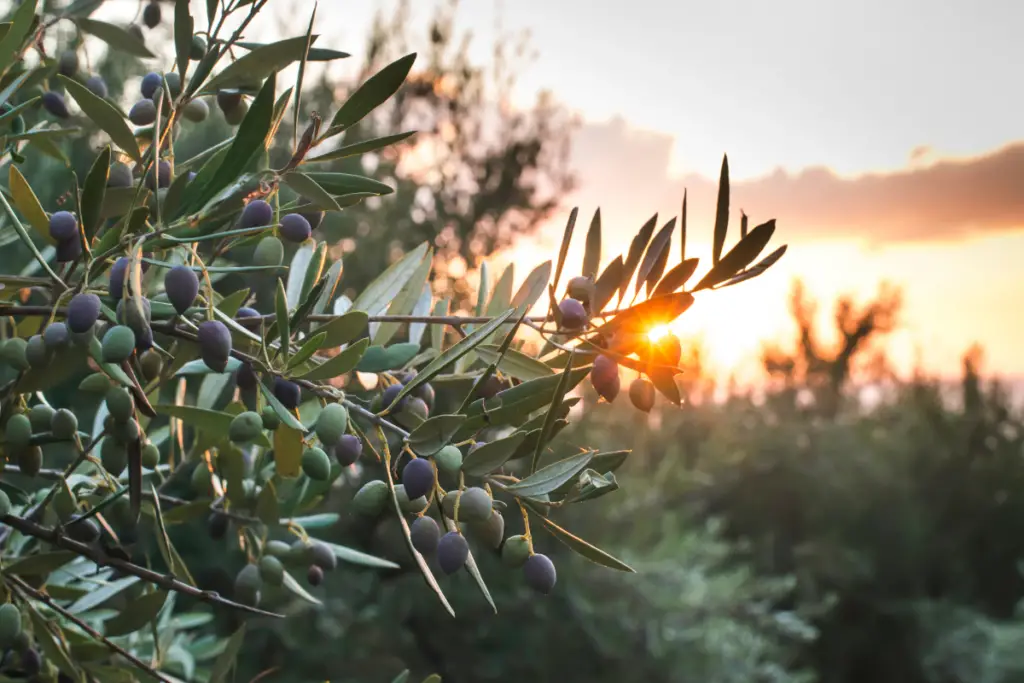
Table of Contents
Understanding Olive Trees
Olive trees are evergreen trees that are native to the Mediterranean region. They are grown for their fruit, which is used to make olive oil, and for their ornamental value.
Olive trees are hardy trees that can tolerate drought and poor soil conditions, making them a popular choice for gardeners.
Olive trees can grow up to 40 feet tall, but they can also be pruned to maintain a smaller size. They have a slow growth rate and can take up to five years to produce fruit.
The fruit of the olive tree is a small, oval-shaped drupe that is typically harvested in the fall.
Olive trees are known for their silvery-green leaves, which are narrow and lance-shaped. They are also known for their gnarled trunks and branches, which can add a unique visual interest to a garden or landscape.
When it comes to fertilizing olive trees, it is important to understand the specific nutrient needs of these trees.
Olive trees require a balanced fertilizer that contains nitrogen, phosphorus, and potassium. However, it is important not to over-fertilize olive trees, as this can lead to excessive vegetative growth and a decrease in fruit production.
In addition to fertilizer, olive trees also require adequate water and sunlight to thrive. They prefer well-draining soil and full sun exposure.
Proper pruning and pest management are also important for maintaining the health and productivity of olive trees.
Importance of Fertilizers for Olive Trees
Olive trees are known for their resilience, but even these hardy plants need a little help sometimes.
Fertilizers are an essential tool for any olive tree grower looking to maximize their yield and produce high-quality olives. Here are some reasons why fertilizers are so important for olive trees:
Nutrient Absorption
Olive trees require a range of nutrients to grow and thrive, including nitrogen, phosphorus, and potassium.
Fertilizers provide these nutrients in a concentrated form, making it easier for the tree to absorb them.
This is especially important in areas where the soil is lacking in certain nutrients or where the climate is harsh and makes it difficult for the tree to access the nutrients it needs.
Improved Quality
Fertilizers can also help improve the quality of the olives produced by the tree. By providing the tree with the nutrients it needs, the olives are more likely to be larger, juicier, and more flavorful.
This is particularly important for growers who are looking to produce olives for commercial purposes, as high-quality olives are more valuable and in greater demand.
Increased Yield
Finally, fertilizers can help increase the yield of olives produced by the tree. By providing the tree with the nutrients it needs, the tree is better equipped to produce more olives.
This is particularly important for growers who are looking to maximize their yield and produce as many olives as possible.
Best Fertilizer for Olive Trees
When it comes to olive trees, selecting the right fertilizer can help establish growth at planting and keep the tree healthy for years.
The best fertilizer for olive trees is one that provides balanced nutrients that encourage healthy growth and fruit production.
In this section, we will explore the two main types of fertilizers for olive trees: organic and chemical.
Organic Fertilizers
Organic fertilizers are derived from natural sources such as plant and animal waste.
They are an excellent choice for olive trees, as they provide a slow-release of nutrients that can help build soil health over time.
Here are some of the best organic fertilizers for olive trees:
- Jobe’s Organic Fruit Fertilizer: This fertilizer is specially formulated for fruit trees and contains a blend of natural ingredients that promote healthy growth and fruit production. It is easy to use and provides long-lasting results.
- TreeHelp Premium Fertilizer: This is a slow-release fertilizer that feeds the tree with nutrients over several months. It is specially blended for olive trees and contains a balanced NPK ratio of 8-3-8.
- Fish Emulsion Fertilizer: This is a liquid fertilizer made from fish waste that is high in nitrogen and other essential nutrients. It is an excellent choice for olive trees that need a quick boost of nutrients.
Chemical Fertilizers
Chemical fertilizers are synthetic fertilizers that are made from inorganic compounds.
They are a popular choice for olive trees as they provide a quick boost of nutrients. However, they can also be harmful to the environment if used improperly.
Here are some of the best chemical fertilizers for olive trees:
- Miracle-Gro Water-Soluble All-Purpose Plant Food: This is a popular choice for olive trees as it is easy to use and provides quick results. It contains a balanced NPK ratio of 24-8-16 and is specially formulated for fruit trees.
- Scotts Turf Builder Lawn Food: This fertilizer is not specifically designed for olive trees, but it contains a balanced NPK ratio of 32-0-4, which can help promote healthy growth and fruit production.
- Osmocote Plus: This is a slow-release fertilizer that provides a steady supply of nutrients over several months. It contains a balanced NPK ratio of 15-9-12 and is specially formulated for fruit trees.
Overall, the best fertilizer for olive trees is one that provides a balanced supply of nutrients and promotes healthy growth and fruit production.
Whether you choose an organic or chemical fertilizer, be sure to follow the instructions carefully and apply it at the right time to get the best results.
Timing and Frequency of Fertilization
Fertilizing olive trees at the right time and frequency is important to ensure they receive the necessary nutrients to grow healthy and produce high-quality fruit.
Here are some guidelines to follow when fertilizing olive trees:
Timing
The best time to fertilize olive trees is in the early spring, just before the buds start to break. This timing allows the tree to absorb the nutrients when it needs them the most for new growth.
Applying fertilizer too early or too late can result in poor absorption and cause damage to the tree.
Frequency
The frequency of fertilization depends on the age of the tree, soil quality, and the type of fertilizer used. Young trees require more frequent fertilization than mature trees.
In general, olive trees should be fertilized once or twice a year, with the first application in the early spring and the second in the early fall.
It is important not to over-fertilize olive trees as this can cause excessive growth, which can weaken the tree and make it more susceptible to pests and diseases.
It is recommended to follow the instructions on the fertilizer package and not to exceed the recommended amount.
Type of Fertilizer
When choosing a fertilizer for olive trees, it is important to select a balanced formula that contains all the necessary nutrients, including nitrogen, phosphorus, and potassium.
Organic fertilizers such as compost or manure can also be used but may require more frequent applications.
It is important to note that olive trees are sensitive to salt, so it is recommended to use a low-salt or salt-free fertilizer.
Additionally, it is important to avoid fertilizing olive trees during drought conditions as this can cause salt buildup in the soil and damage the tree.
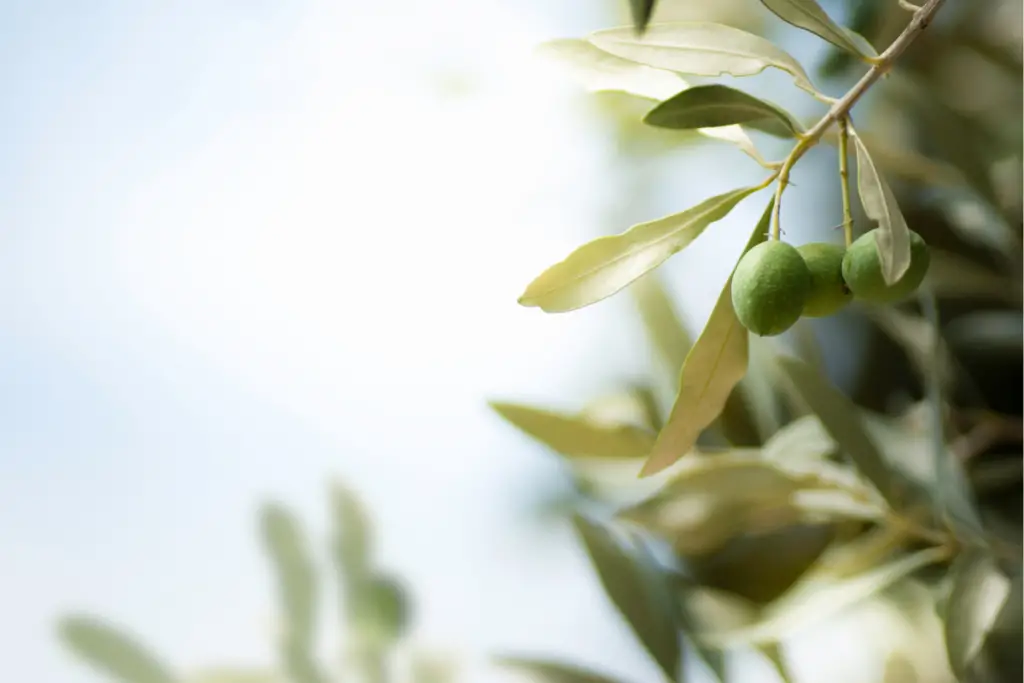
Fertilizing Young vs Mature Olive Trees
When it comes to fertilizing olive trees, it is important to consider the age of the tree. Young olive trees, which are typically less than three years old, require less fertilizer than mature trees.
This is because young trees are still establishing their root systems and are not yet producing fruit.
For young olive trees, it is recommended to use a balanced fertilizer with a nitrogen, phosphorus, potassium (NPK) ratio of 16-16-16 or similar.
The fertilizer should be applied in early spring, just before the tree begins to grow new leaves. It is important not to over-fertilize young trees, as this can lead to excessive vegetative growth and a delay in the tree’s fruiting.
Mature olive trees, on the other hand, require more fertilizer than young trees. This is because mature trees have larger root systems and are producing fruit.
In general, the amount of fertilizer required by a mature olive tree will depend on the size of the tree and the amount of fruit it produces.
When fertilizing mature olive trees, it is important to use a fertilizer that is specifically formulated for fruit trees.
These fertilizers will typically have a higher potassium content, which is important for fruit development.
It is also important to avoid fertilizing mature olive trees after August, as this can interfere with the tree’s ability to enter dormancy and prepare for winter.
Common Mistakes in Fertilizing Olive Trees
When it comes to fertilizing olive trees, there are a few common mistakes that gardeners and farmers often make.
These mistakes can lead to poor growth, low yield, and even damage to the trees.
Here are some of the most common mistakes in fertilizing olive trees:
Over-Fertilizing
One of the most common mistakes in fertilizing olive trees is over-fertilizing. While it may seem like more fertilizer will lead to better growth, too much fertilizer can actually harm the tree.
Over-fertilizing can lead to excessive growth, which can make the tree more susceptible to pests and diseases. It can also lead to nutrient burn, where the roots are damaged by too much fertilizer.
Under-Fertilizing
On the other hand, under-fertilizing can also be a problem. Olive trees require a balanced and consistent supply of nutrients to grow healthy and produce fruit.
If the tree is not getting enough nutrients, it may not grow properly and produce a low yield. It’s important to monitor the tree’s growth and adjust the fertilization schedule as needed.
Using the Wrong Type of Fertilizer
Another common mistake is using the wrong type of fertilizer. There are many different types of fertilizers available, and not all of them are suitable for olive trees.
It’s important to choose a fertilizer that is specifically formulated for olive trees and contains the right balance of nutrients.
A slow-release fertilizer with an NPK ratio of 20-10-10 is generally recommended for olive trees.
Applying Fertilizer at the Wrong Time
Timing is also important when it comes to fertilizing olive trees. Applying fertilizer at the wrong time can lead to poor growth and low yield.
It’s important to apply fertilizer at the right time, which is usually in the early spring before the tree starts to bloom.
Applying fertilizer too late in the season can lead to excessive growth and delay the ripening of the fruit.
Not Watering the Tree after Fertilizing
Finally, it’s important to water the tree after fertilizing to ensure that the nutrients are absorbed properly.
Fertilizer needs to be dissolved in water to be absorbed by the roots, so it’s important to water the tree thoroughly after applying fertilizer.
This will help to prevent nutrient burn and ensure that the tree gets the nutrients it needs to grow healthy and produce fruit.
Conclusion
In conclusion, choosing the right fertilizer for olive trees is crucial to ensure they grow healthy and produce a bountiful harvest.
While there are many types of fertilizers available in the market, it is important to choose one that is specifically designed for olive trees and meets their specific nutrient requirements.
Based on the research conducted, a slow-release fertilizer with an NPK ratio of 20-10-10 is considered the best fertilizer for olive trees.
This type of fertilizer provides a balanced amount of nitrogen, phosphorus, and potassium that olive trees need to thrive.
It is also important to note that olive trees have different nutrient requirements during different stages of their growth.
During the early stages, they require more nitrogen to promote healthy foliage growth, while during the fruiting stage, they require more potassium to promote fruit development.
In addition to choosing the right fertilizer, it is also important to apply it at the right time and in the right amount.
Over-fertilization can cause damage to the roots and lead to poor growth, while under-fertilization can result in nutrient deficiencies and poor fruit quality.
- How to Dry Basil Leaves: A Professional Guide
- Is an Avocado a Fruit or Vegetable? Simple Answer and Explanation
- Does Pineapple Have Seeds? Exploring the Anatomy of Pineapples
- Blooming Through Winter: Can I Grow Vegetables Indoors in the Winter?
- What Can You Grow in a Greenhouse All Year Round: A Guide to Year-Round Greenhouse Gardening
- Are Blueberries Blue? Debunking the Myth of Their Color





